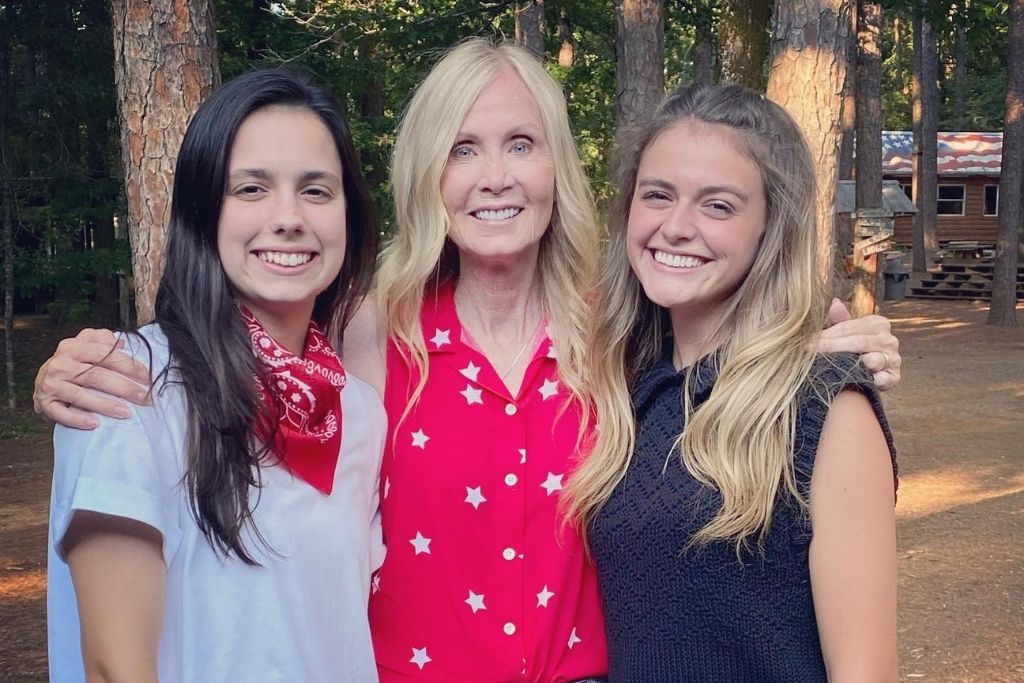
It Takes Teamwork and Leadership to Build a Team
As I was thinking about the team we built at camp this past summer, I began to think about other teams I have been a part of in my life and what made that team effective or not so effective. Perhaps you are on a team or building a team and are wanting to be sure you are going about it in the correct way or at least in such a way that you can feel good about the direction you are going. I complied this little list of traits that I have noticed seem critical to building a solid and effective team.
- Know that team-building and relationship-building are not the same thing. We all need to treat each other kindly and care for each other in a personal way, but real team building is for the purpose of building a team that can perform the task put before them. I have often been misguided in confusing these two when I built my teams in different areas. Sometimes I have developed a team that loves each other, but the team was not particularly highly productive in their job performance. While I never wanted to get away from relationship building, often I needed to work harder at building a team that performed better. I have appreciated the leadership of my grandson, John Luke, this summer at camp. His team loves him, but he’s not afraid to approach the hard topics if the team is not performing in such a way to meet the goals that were set at the first of the summer.
- Teams must have a common purpose. Teams are built faster and better by focusing on a high and, almost out of reach, goal. Many times people are the most satisfied when they are involved with a team that is striving to reach some next-to-impossible goal. Like climbing a mountain with a group of novice mountain climbers. The experience of reaching for a goal and then accomplishing it together is what builds the team. It’s not a funny personality from the leader, which is always fun to have and great for relationship building, but not critical to the final goal; it’s not matching shirts, which are great to communicate that these people belong together but doesn’t ensure good performance; it’s not the same mascot, which is great for having something that represents the group but doesn’t help accomplish an end result. It’s always people who are striving to reach a goal. Without a goal, we can’t answer the most basic team-building question. “Why are we here?” A goal that can be seen, heard, known and stated by everyone on the team provides a clear reason for existence of a team. Then, staying focused on that goal is vitally important. I understand that football players are told to look at the ball in their hands, otherwise, a potential touchdown might be nothing more than an incomplete pass. In other words, don’t lose sight of the goal or the goal might be fumbled.
- Strong teams involve everyone. Real teams, high performance teams involve everyone, not just the starters on the team. In my experience with sports, a good coach stresses to the bench players that if it weren’t for them, the starters would have no purpose, no backup, no way to improve their skills. Every coach will tell you that the matching uniforms don’t make the team. It’s the commitment of the players to the purpose and the realization of each person’s value. It was so impressive at the winter Olympics we were blessed to attend in Salt Lake City years ago to see 2300 athletes at the closing program and realize that only a handful of those received any recognition, but all felt a part of the team. The same principle applies to teams of every nature. Just because people work in the same department and attend the same meeting or even wear the same shirt will not make a team.
- Make sure that emotions and personalities do not interfere or come before achieving the goals the team has set. My mother taught us that nothing is worth hurting someone’s feeling over and I truly believe that, but this is not that. This is when you, as the leader, allow someone’s emotional or personality issues to interfere negatively with the staff in such a way that goals cannot be met. A solid, challenging goal can help here, but many times, it’s a leader who is not afraid to step in and make some changes and have some tough conversations. Again, any sports team would not survive if emotions and different personalities drove the team instead of the goal driving the team. One-time Olympian Jim Shea had a goal to succeed in the Olympics of 2002. Even with the death of his grandfather, he didn’t let his emotions outweigh his goal. The size of the goal was so great that he was able to rise above his emotional state. Way back in 2002, I went on a wilderness trek with a group of high school kids. I remember that all the climbers weren’t necessarily friends. True to the nature of teenagers, every personality didn’t click. Even as an adult I didn’t immediately have a bond with everyone involved. But as we become more determined to reach our goal, personalities and emotions took a back seat. Even outside interferences, like rain and hunger, didn’t deter us from our goal. This was an eye opener for me. It made sense that big goals cause people to step out of their emotions, personalities and, even unpleasant conditions to perform at a higher level to reach a common goal.
- Model the behavior you expect to see in your team. The leadership, and that might be you, holds the critical position of modeling the behavior needed to build and maintain a highly functioning, successful team. Jesus demonstrated all of this perfectly when he built his team of twelve. He took twelve men with very different personalities, jobs and personal goals and developed them into a force that changed the world. He set a high goal for them and then modeled the behavior He expected out of his team. Many years ago, we published a book called They Smell Like Sheep. Lynn Anderson, the author, said that the shepherds had to smell like the sheep. In other words, a shepherd who was willing to get down on the sheep’s level and interact with them will be a great leader. Last week at camp, I watched as John Luke mopped the mess hall. Yes, we have a maintenance team, but John Luke is not above doing the dirty work. The best thing about it was there was no one around to see him do it. He didn’t do it for others to see, he did it to remind himself who he was as a person and a leader. True leaders need to be willing to do what they expect others to do.
This blog may not be something you’ve been dealing with, but all the things can also be applied to leading our families. As the mother of your family, you are the leader and you are building a team. Hopefully, they is something in this blog that will help you in your journey.







